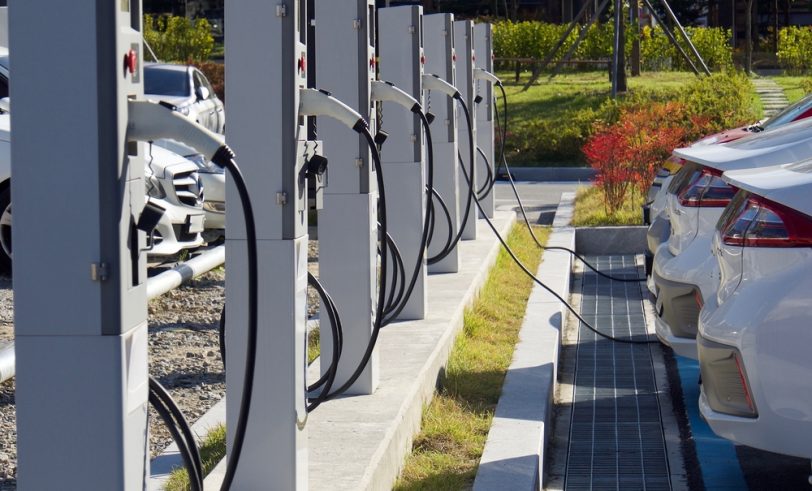I recently submitted comments to the Public Service Commission about an upcoming hearing regarding rules on promotional practices undertaken by utilities.
What are promotional practices, and why does this matter?
Imagine that your power company wants to invest in an electric vehicle charging station in your area. They might have to bump up rates a bit in order to finance construction, but once the station was up and running it would be a win-win for electric vehicle owners and the utility.
But if you’re happy with your gas-powered car, it’s a different story. It’s not like you can just switch power companies. How is it fair for some of the money you pay for electricity every month to go towards a charging station that will make the power company more profitable, but won’t do anything at all for you?
Promotional practices are activities a utility undertakes to encourage some form of action by ratepayers. In the example above, the promotional practice is building the charging station, as the utility is trying to use it to encourage people to switch to electric vehicles. Or it could be something as straightforward as a gas company paying a cash bonus to anyone who replaces their electric stove with a gas stove.
Right now, the rules governing what expenses utilities can pass on to their customers are a mess. For instance, consider an educational program about energy efficiency that benefits all ratepayers. Such a campaign does not meet the current definition of “promotional practice.” Why not?
We have an opportunity to change the rules so that they make sense. If utility companies and their shareholders want to launch a promotion, they should be allowed to—as long as they, and not the ratepayers, foot the bill. Some of the red tape can even be removed along the way.
These and other matters relating to promotional practices are up for discussion at the Public Service Commission. The comments I submitted outline rule changes that would introduce more fairness and market discipline into the state’s utility monopoly system. You can read them here.


